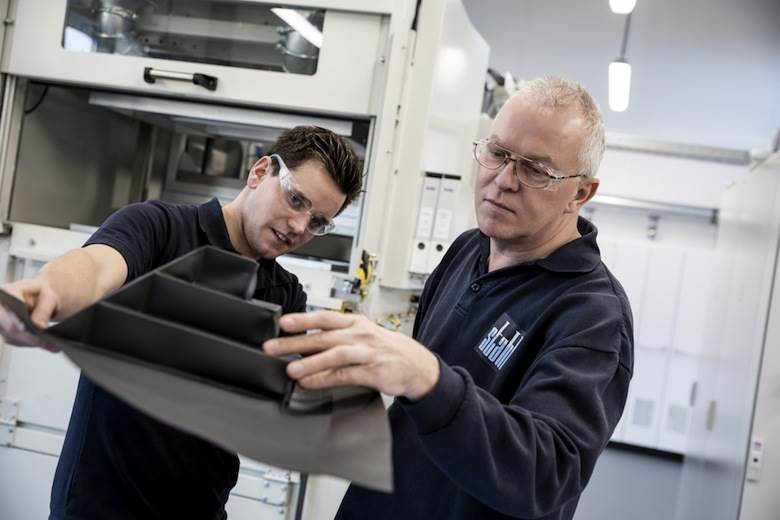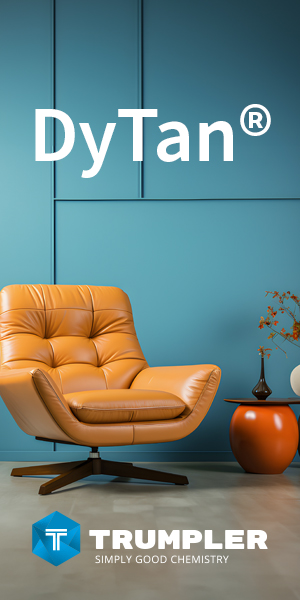Stahl to acquire BASF leather chemicals business
23/03/2017

The Dutch company said it intends to take over all activities of BASF’s leather chemicals business, including a manufacturing site at Hospitalet, near Barcelona, and approximately 210 employees. It added that it believes this deal will strengthen its competitive position and “improve sustainability” in the leather chemicals industry.
“These are exciting and challenging times for the chemical industry in terms of sustainability and innovation,” said Stahl chief executive, Huub van Beijeren, on announcing the deal. “We believe we can only make a real difference if we can work on a large scale within the industry. The signing of this agreement enables us to accelerate the process of creating a more transparent, sustainable supply chain.”
He said Stahl and BASF “share the same vision on reducing the environmental footprint linked to our activities” and made it clear he believes the deal, scheduled to close in the fourth quarter of this year (subject to approval), will lead to new market opportunities for Stahl. “By combining our forces, we will have an even stronger product portfolio with more innovative solutions enabling us to serve our global clients even better,” he said.
BASF executive director Michael Heinz commented: “This partnership is the right step for BASF’s successful leather chemicals business. With complementary strengths, BASF and Stahl are creating a leading company in leather chemicals with a strong focus on innovation.”
The president of BASF’s performance chemicals division, the division that includes its leather chemicals business, said: “Our customers will benefit as together we can leverage unparalleled strength in production, technical expertise, innovation and sustainability along the entire leather-making value chain.”











